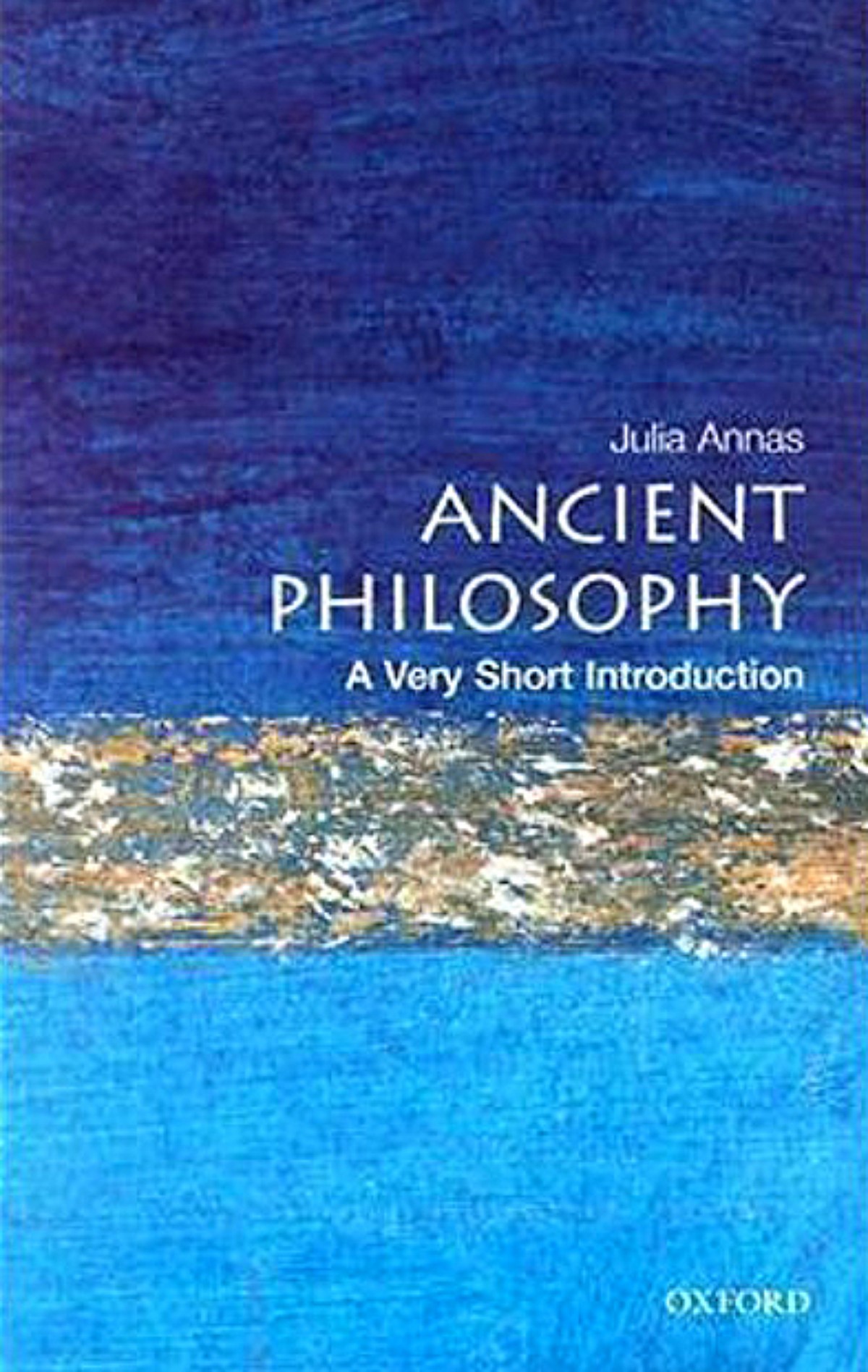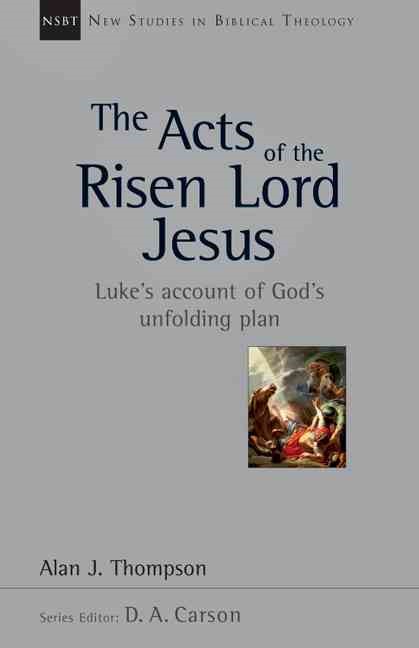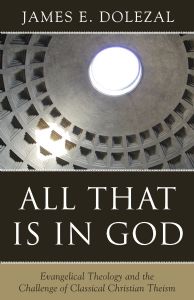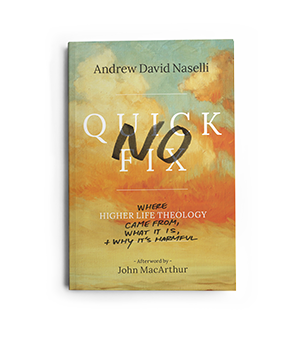Watson, Thomas. A body of Divinity. 1692; Reprinted, Carlisle, PA: Banner of Truth, 1965.
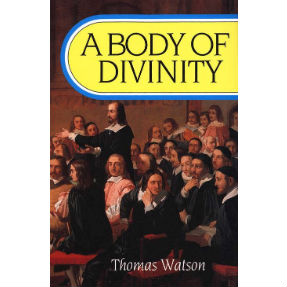 This book is the first part of Thomas Watson’s A Practical Body of Divinity, reprinted in three volumes by Banner of Truth. Watson takes questions and answers from the Westminster Shorter Catechism and expounds them. The sermonic and exhortatory nature of this book makes it useful for personal or family worship, but the content is profound enough to be referenced along with other systematic theologies. For instance, I find Watson’s discussion of what it means to glorify God unrivaled.
This book is the first part of Thomas Watson’s A Practical Body of Divinity, reprinted in three volumes by Banner of Truth. Watson takes questions and answers from the Westminster Shorter Catechism and expounds them. The sermonic and exhortatory nature of this book makes it useful for personal or family worship, but the content is profound enough to be referenced along with other systematic theologies. For instance, I find Watson’s discussion of what it means to glorify God unrivaled.

